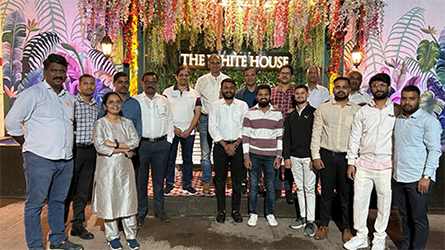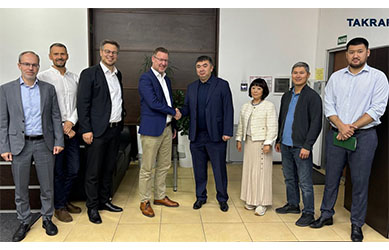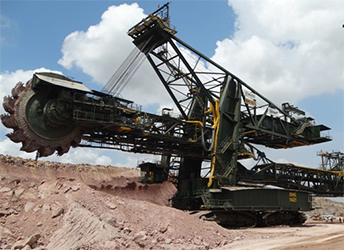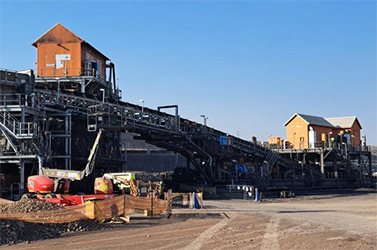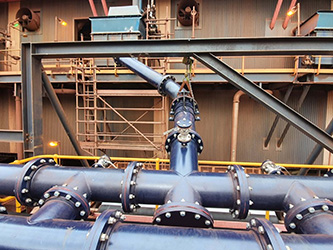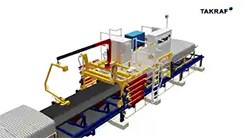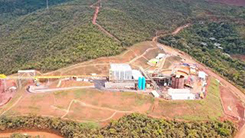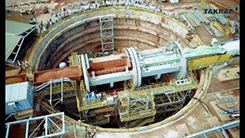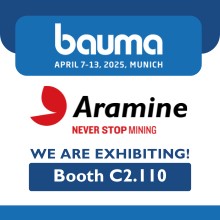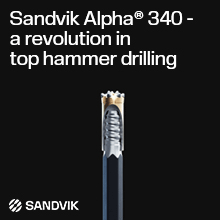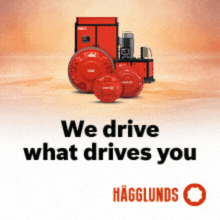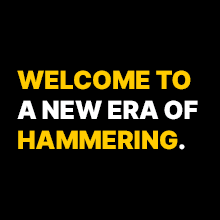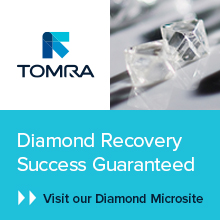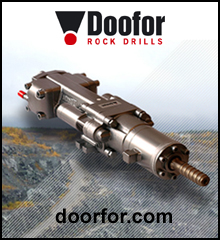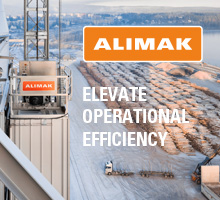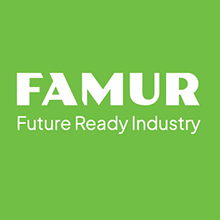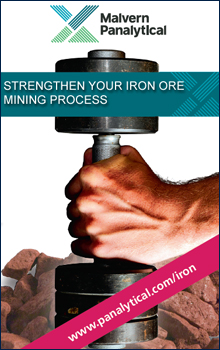TAKRAF – Thomas Jabs, my first 100 days as CEO
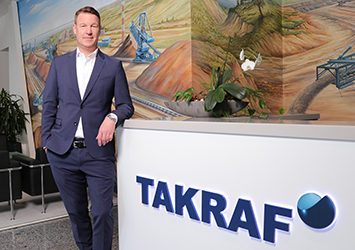
Thomas Jabs took over the reins as TAKRAF Group CEO in December 2022, bringing with him more than 20 years’ experience in the mining and plant engineering business in various executive and managerial positions, the most recent being Head of Global projects for FLSmidth.
Now into his fourth month at the German-based, global provider of innovative technological solutions to the mining and associated industries, Jabs is impressed by the depth of expertise and business approach that he has experienced in meeting and interacting with colleagues across the world.
“I had expected a strong team but what I found was more – an excitingly diverse and international team with deep rooted knowledge of their renowned portfolio of technologies, a competency for which they have a well-deserved market reputation.
“Such an organizational culture, combined with the decentralized structure of the company, in which entrepreneurial responsibility lies within the business units, is an environment which I appreciate and one which I look forward to leading.
“These, and other positives, such as TAKRAF’s disciplined approach to addressing risks, provide a very strong foundation on which to build and position the company for growth.”
Without a doubt, the current economic climate is a highly challenging one, particularly for companies operating in the very unpredictable mining environment, admits Jabs. But it is one that also provides well-entrenched companies such as TAKRAF with unique opportunities, he adds.
“The market in which we operate has, for some time now, been not only tumultuous but also severely overcrowded, with the result that many companies are now abandoning the business of supplying mining systems and materials handling solutions.
“Such a market clean-up is long overdue, and we see considerable potential for TAKRAF to widen its footprint as a trusted partner, both for its existing clients and for potential ones.”
This is an important consideration in TAKRAF’s new three-year strategy, the development of which has been a focus area of Jabs’ first 100 days. Dubbed TAKRAF300, the strategy is so-called as it continues until 2025, the year of TAKRAF’s 300th anniversary.
“Such longevity in any company is impressive, but even more so when you consider the dynamic nature of the industry in which we operate, and the fact that none of our clients or competitors come even close to such a history.
“Importantly, over this extensive past, TAKRAF has become known for its major contribution to its clients’ continuous striving for safer working environments and as a trusted partner in the further development of their environmental, safety and governance (ESG) targets. Such commitment to providing solutions for safer operations and which help save resources, such as energy and water, will remain a non-negotiable focus area.”
While TAKRAF, says Jabs, will continue to service clients across the value chain, from overburden removal and raw material extraction through processing to ship loading, there are areas deserving additional attention in the future, as they offer high potential in terms of aftermarket or add-on products and services.
“For example, we have not unlocked the full potential of the DELKOR range of liquid/solid separation and wet processing equipment and a focus area will be to widen its footprint.
“Similarly, within the traditional TAKRAF offering, there are products such as the mineral sizer and high-pressure grinding roll (HPGR) technologies that have a larger role to play in the industry.”
Jabs also believes that TAKRAF is well positioned to take advantage of commodity trends over the medium to long term.
“We see a continued rapid growth in the need for ‘battery metals’, as well as in our more traditional markets of iron and copper ore, which are predominantly still extracted by open pit mining and require the high-capacity run-of-mine and bulk material handling equipment that we specialize in.”
Another potentially significant area of growth is tailings handling and management. “The growing environmental and legislative pressure on the industry to minimize its environmental impact means that effective waste management will become increasingly more urgent. This is an area in which the combined strengths of our TAKRAF and DELKOR portfolio will provide our clients with fully integrated technological solutions.
“Over its almost 300 years, TAKRAF’s continuing success has been due to many factors, from its adaptability to changing market needs, to its strategic commitment to technology development and to the fact that we don’t see ourselves as simply builders of materials handling machines but rather as complete solution providers. This is an approach that we will continue to enhance in assisting our clients ‘future-proof’ their operations as sustainable, low environmental impact operations.”
For more information
Categories: Dewatering Equipment Filters - Mineral Process Mineral - Processing Equipment Mineral - Processing Services
2023-04-18 | TAKRAF GmbH | Germany | Views 1322

